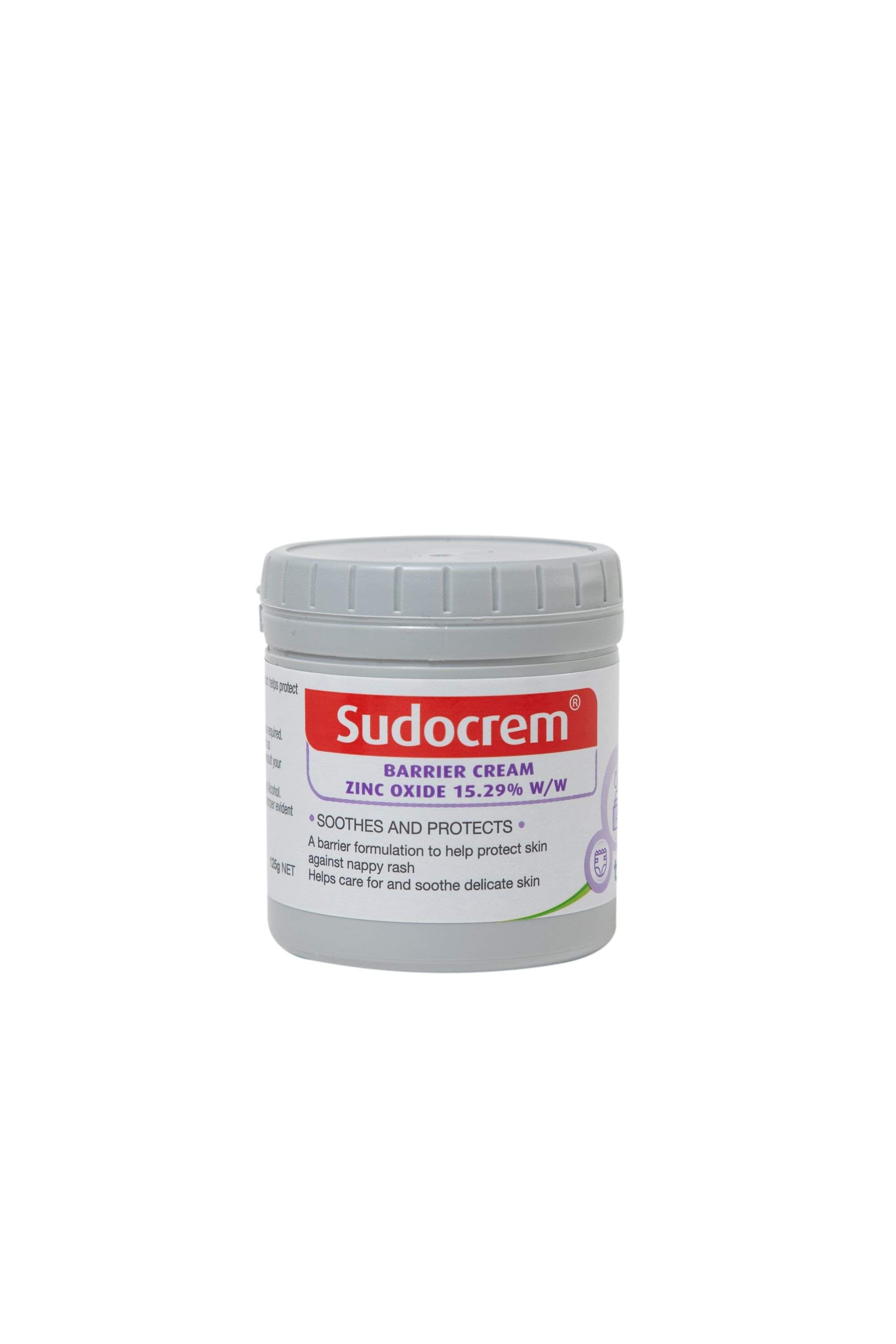Nappy Rash
Nappy rash is a very common skin condition. The skin looks red and can be spotty, particularly at the edge of the rash. It happens when the skin on your child's bottom is damaged and irritated.
Usually nappy rash is mild and doesn't bother your baby but it can be sore when you wipe the area. Sometimes if the skin is raw, it can be very sore. Nappy rash may make your baby unsettled or irritable.
Key points about nappy rash
Nappy rash is caused by wetness, irritation or infection, or a combination of these.
Most nappy rash can be prevented. Change nappies as soon as possible after they become wet or dirty, dry carefully before putting the new nappy on, use a barrier cream or ointment, avoid irritants and give your baby nappy-free time.
Usually the rash is mild and doesn't bother your pēpi, but it can be sore.
If the rash gets worse or infected, or your baby gets a fever, see your healthcare provider, pharmacist or wellchild nurse.
They may suggest a mild steroid ointment or an antifungal cream.

Causes
The main cause of nappy rash is wearing a wet or dirty nappy for too long. The wetness can irritate your baby’s skin and cause it to look red and angry. Some babies will get lots of nappy rashes, while other babies have only a few rashes. Other causes can be diarrhoea, new foods or antibiotics.
Treatment & Prevention
There are a few ways you can help keep your baby’s skin healthy and prevent your little one from developing a nappy rash:
Change nappies as soon as possible after they become wet or dirty, dry carefully before putting the new nappy on, use a barrier cream or ointment, avoid irritants.
Use a clean warm wet cloth to wash. Disposable wipes are not necessary and can irritate your babies sensitive skin.
Apply a barrier cream.
Give as much nappy-free time to your baby as possible each day.
Do not use talcum powder.
Sudocrem is a zinc-based emollient cream soothes and protects skin by providing a barrier between the skin and substances known to cause irritation such as all forms of moisture but specifically urine and faeces which contain irritating chemicals.
Apply a barrier cream thickly around your baby’s anus, and penis or vulva (around the irritated area of your baby’s bottom) at each nappy change. You don’t need to clean away all of the barrier cream from last time if the nappy is only wet.
When should I seek help for nappy rash?
Most nappy rash gets better with these simple steps.
See your nurse, pharmacist or doctor if the rash lasts for more than a few days. It may mean that there is a skin infection such as a thrush infection.
For more information:
